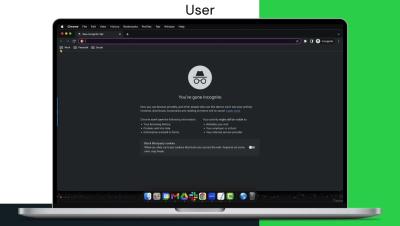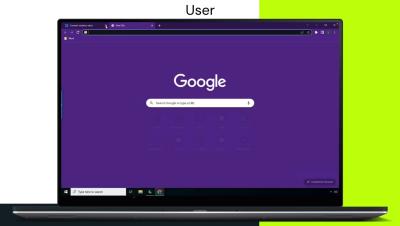Cloud Data Protection: How 5 Organizations Stay Secure With Lookout
SaaS applications like Microsoft 365, Google Workspace, and Salesforce are now a ubiquitous part of business. With so much corporate data now residing in the cloud, a perimeter-based approach to security doesn’t cut it. To enforce cloud data protection policies across SaaS apps, a cloud access security broker (CASB) has become a necessity.











